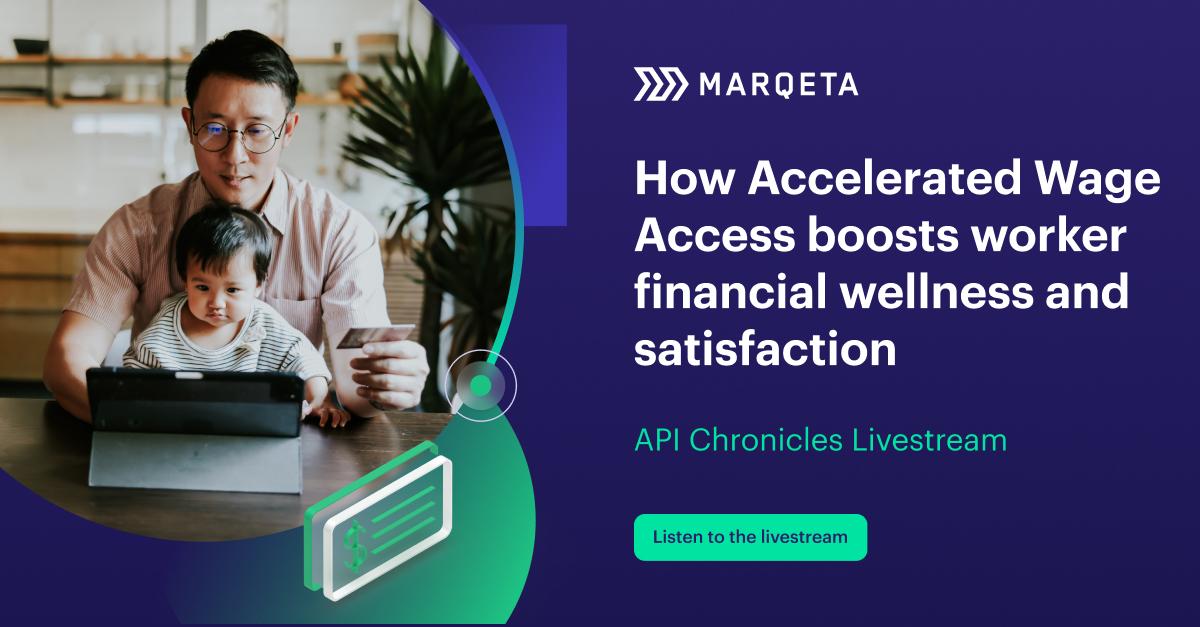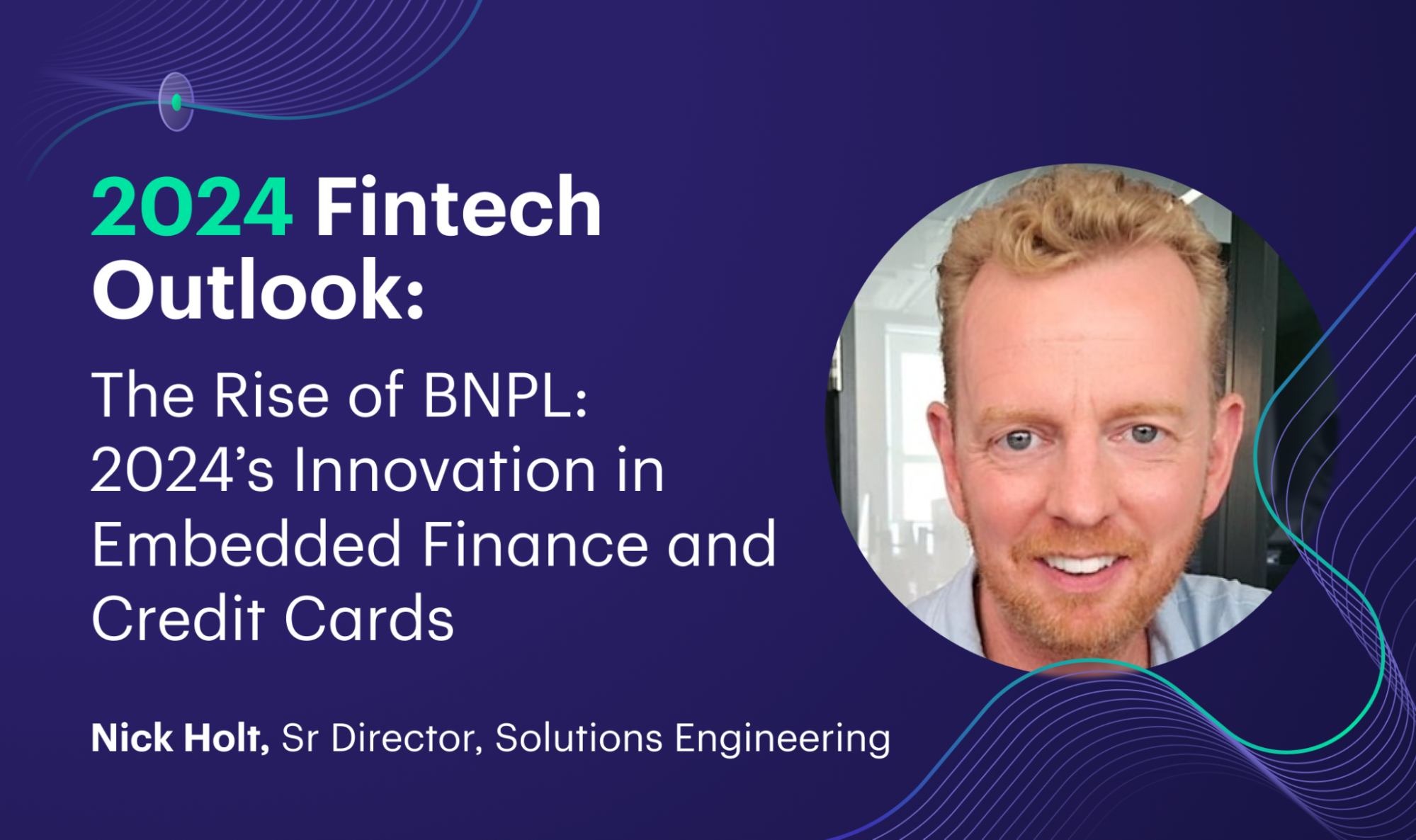Thanks to myriad factors, digital banking innovation is accelerating across Europe, delivering landscape-defining solutions to consumers and businesses alike. As part of our efforts to help you understand the latest trends, we’ve spoken to fintech experts — Gregoire de Lestapis from October, Alvaro Gonzalez of Goiko, and Miguel A. Miranda, a specialist fintech management consultant — to gain unique insights on the Spanish market. With combined experience across banking and fintech spanning seven decades, their views are clearly based on a solid working knowledge of Spain and well beyond.
But first, here’s Spain in a nutshell
Forget mañana o futuro, Spain is already blazing an impressive fintech trail and forging a reputation as a regional hub for the sector. It’s not hard to see why. As the eurozone’s fourth largest economy and home to Europe’s fifth biggest population, this nation is a global trading giant with epic cultural clout. Its native tongue is the second most widely spoken language after Mandarin Chinese and ahead of English. And it’s setting standards for gender equality, having made it into the top ten of nations in the World Economic Forum’s
Global Gender Gap Report 2020, with more than a
fifth
of new companies being founded by women and rising.
Global Gender Gap Report 2020, with more than a
fifth
of new companies being founded by women and rising.
What would you say are the main trends and challenges in digital banking innovation in Spain right now?
Alvaro: A rapid re-evaluation of economics is taking place thanks to multiple chronic crises. For example, the 24-35-year-old traveller market does not currently exist because of Covid. Instead, people are at home spending money in a different way. This means value propositions have pivoted based on who the target client is now and this situation looks to be with us for a while to come. The point is to be the financial buddy of the client. How can we make life better for them and truly add value no matter what is happening externally?
Gregoire: From a B2B perspective, neobanks and digital lenders are demonstrating value to a previously underserved market, thanks to their role in distributing government loans to SMEs. I think we will see greater uptake of digital banking and financial services amongst the business community from now on. Consumers were already well on their way to mass digital adoption too, so it is interesting to see this new segment taking hold.
Miguel: I agree with Gregoire. There’s a really interesting opportunity emerging for those who can strengthen alternative lending solutions for SMEs post-pandemic. To put it into perspective, SMEs represent 99.23% of businesses in Spain, so it’s a huge prospective customer demographic.
I think we are also starting to see signs of collaboration between fintechs and incumbent banks, particularly some of the larger players like Santander and BBVA who have huge open innovation programmes with investment pots beyond many Fintechs’ wildest dreams. Alongside this, the market is about to experience an interesting new dynamic thanks to the merger of CaixaBank and Bankia, Spain’s third and fifth largest banks respectively, which will create the largest bank in Spain by assets. We’ll be watching to see whether this speeds up or slows down digital transformation.
You mentioned emerging signs of collaboration with banks. Has it always been that way?
Miguel: Sadly not. Many incumbents took a very defensive stance for a long time and we can still see this in their approaches to Open Banking, something it’s fair to say they have attempted to stall. But it’s happening across the world now and they’ve reluctantly realised it’s a wave they need to ride. This is really going to drive innovation, bring down prices and increase transparency in banking in B2C and B2B markets.
Alvaro: This is true. Spain was the last country to transpose PSD2 into law, in November 2019, and the banks have since requested an 18-month moratorium in its implementation. As is the case elsewhere, they’ve been slow to comply because they have struggled to understand the benefits. BNext began offering PSD2 but had to withdraw it because it isn’t working consistently yet. It’s a real pain point. Banks have dragged their feet on this because they’ve not yet managed to think innovatively about how to derive value from offering this facility.
Gregoire: We’re having to convince banks that we don’t see them as competitors and neither should they see us in that way. We’re all potential partners. Our desire is to collaborate by offering October as a PAAS (Platform As A Service) to help banks support their customers better. Santander, Caixa and BBVA are doing a good job on the tech and detail fronts for retail banking but competing with the fintechs for customers will always be a challenge until there is a mindset shift. Banks over-price services too. Service and mindset are two key areas where Spanish banks have work to do.
What do you see happening in the next 12 months with fintech innovation in Spain?
Gregoire: For me, I see credit processing emerging as the next battleground, where improvements need to be made on customer experience, service, capital costs, and bad debt provisioning. And there is no escape for the banks when it comes to going digital. They will likely partner or acquire propositions that fit with their objectives or appear most threatening to their space. In the next 12 months and longer, we’re going to see fintechs do much more for SMEs, particularly around loans, which is where October is pushing boundaries. There’s also a lot to be positive about in terms of capital and talent influxes. Spain has lower taxes than much of Europe, in addition to good weather, good people, excellent 4G, renewable energy and solid infrastructure. If you’re thinking about relocating, Spain is the place!
Miguel: Indeed, it is a very attractive proposition. Talent is definitely not lacking — there are lots of good cost-effective tech people in Spain and it’s relatively inexpensive to set up a business here. The one blindspot though is the barriers to non-EU nationals settling here, particularly from East Asia, which we absolutely should be looking to, because its progress in digital innovation and use of data and insights are breathtaking. We really need to promote mutual learning between East and West. For example, the government-backed sandbox in Singapore is incredible and it’s encouraging to see that a similar platform has now been approved by the Spanish parliament, after many years of being talked about.
In terms of near- and medium-term innovation, we’re going to see fintechs provide SME loan facilities with much slicker digital registration and approval processes, to remove burdens and inefficiencies for both borrowers and lenders. These will be backed by technology to better understand repayment profiles and monitor borrower behavior. In this respect, Novicap is an interesting fintech to watch. It provides factoring to SMEs and offers up to 120 days for repayment through a fully digital and online experience.
Alvaro: One of the great things about Spain, as has been said, is that the financial barriers to entry are low when compared to somewhere like the UK. But also there’s a synergy with Latin American markets and it’s perhaps easier to launch into the South American continent from Spain than it is from other EU countries. BNext launched in Mexico in January and is experiencing faster-than-anticipated growth with 30,000 customers and rising. We’re now looking at other Latin American markets as a result and expect to announce another launch by the end of the year.
Meanwhile, I think product innovations over the next 12 months will be guided by the realities facing consumers and businesses. For example, embedding medical insurance rather than travel insurance into an app proposition and partnering with food delivery partners rather than restaurants will prove more beneficial to delivering relevant user experiences.
And finally, if there was a word that captures your reason or your mission in fintech innovation…
Gregoire: Ah, it’s simplification. This is what we’re striving to do for borrowers and bank account holders. People don’t want to endure time-consuming phone calls to their bank or have to fill out lengthy loan application forms. They want to access and use services quickly and with minimal hassle but know that the answers are instantly available when things don’t go right. This is what drives me.
Miguel: It’d be progress or improvement. There’s so much we need to do, and the appetite in both B2B and B2C sectors to develop better digital-led financial products is getting stronger all the time. The pandemic crisis is pushing us to be better and the signs of a collaborative approach from banks leads me to think we’re on the cusp of game-changing innovations across the board.
Alvaro: Agility. As Miguel mentioned the Covid crisis is creating all sorts of pressures and reminding businesses that they will only succeed if they can be agile. I think this requirement will continue even when we have reached a new normal, because of the accelerating pace of innovation, which is going to drive consumer and business behaviour in lots of unexpected ways.
*The views and opinions expressed in this blog are those of the respective respondents and do not necessarily reflect the views or opinions of Marqeta.




